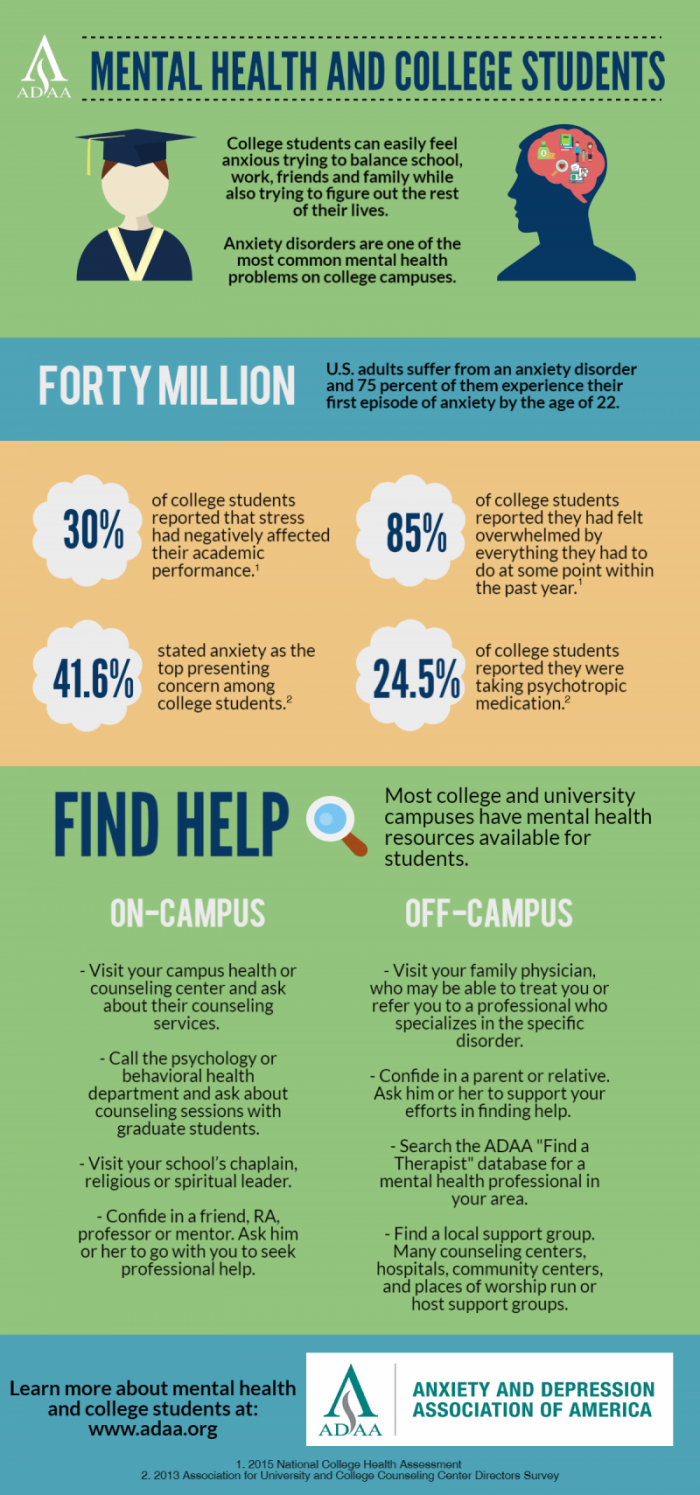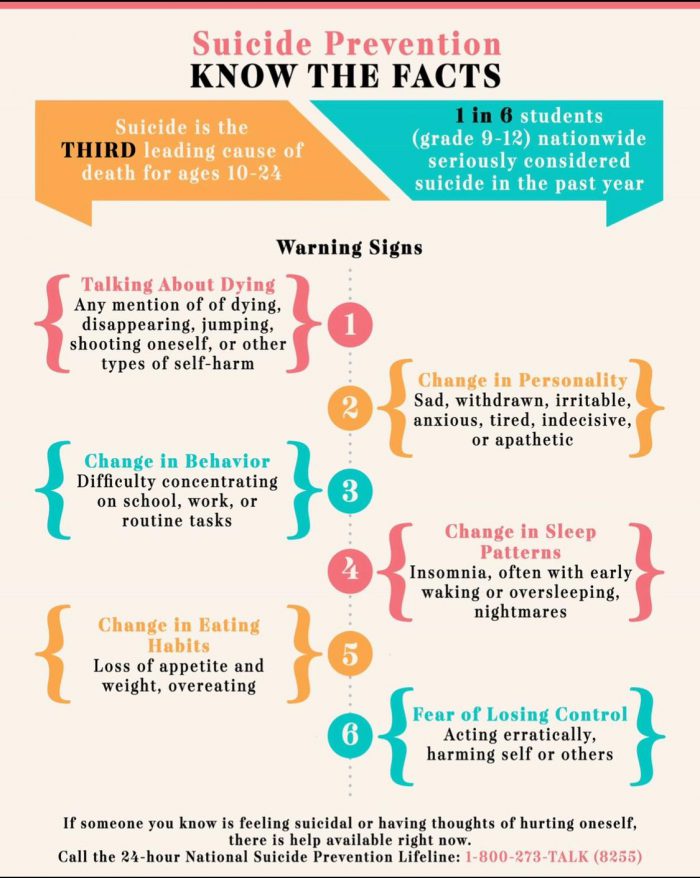As the summer heat fades, and the cooler temperatures and fall colors make their entrance into IU’s campus, so does the serotonin in many U.S adults.
The month of September is known as National Suicide Prevention month. During the month, many organizations hold workshops or awareness days to make people aware of the signs and how to support peers in case someone is having thoughts or know someone who has been affected by suicide.
Indiana University, with the influx of students coming in from all over the world, is no exception. Mental illnesses such as depression and anxiety follow students from as early as middle school and still affect students throughout college.
This is no exception for IU senior, Emilia Miles
“I was pretty much bullied all throughout high school, just for like the little things kids nitpick about”
The resulting depression continued until her freshman year of college at IU, when she joined a dance team that changed her life.
“Joining the Essence Dance team really helped me feel loved and appreciated. If it weren’t for the friendships and the support I gained from them, I’m not sure where I would be today,” Miles said.
Sometimes, joining a campus activity or finding a release isn’t enough to help students get out of the black hole that depression creates. That’s where Counseling and Psychological Services (CAPS) comes in and helps those students in need.
“CAPS is here 24/7 to help all students, and on both sides of the spectrum. Student’s can call and talk to someone if they’re having suicidal thoughts or they can call in and get help if they notice a change in behavior of a friend,” says CAPS Director, Dr. Denise Hayes.
This service can be found inside the IU Health Center on the 3rd floor. CAPS helps students in all branches of the mental health tree; from something as simple to falling behind in a class to something as major as thoughts of suicide.
“Our goal is to make sure every student. especially students who are experiencing different emotions and life events feel safe and valued. I personally believe everyone is here and put on this earth for a reason, and if someone doesn’t feel like them being here is making a difference in this world, we are not succeeding as a nation to ‘love thy neighbor’,” says Hayes.
Miles recalls her darkest days in high school as some of the worst imaginable.
“I didn’t understand a lot that was going on. I kinda denied feeling depressed and feeling like I didn’t belong because I didn’t want to feel like that, but I kind of obsessed over the fact and I think that was the worst because I wanted to feel ok.”
Hayes says that the peer-to-peer support is much more valuable than any other type of support that one can receive. Especially since peers around the same age tend to experience the same life events and are able to relate to those more easily.
“Talking about it is definitely not an easy thing, but it can be so important for recovery and seeking help.”




